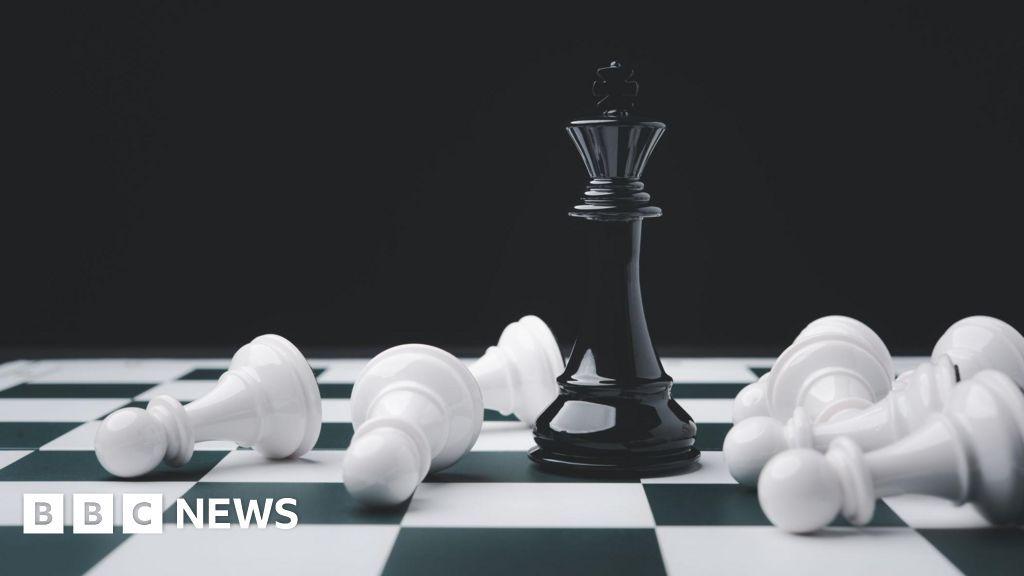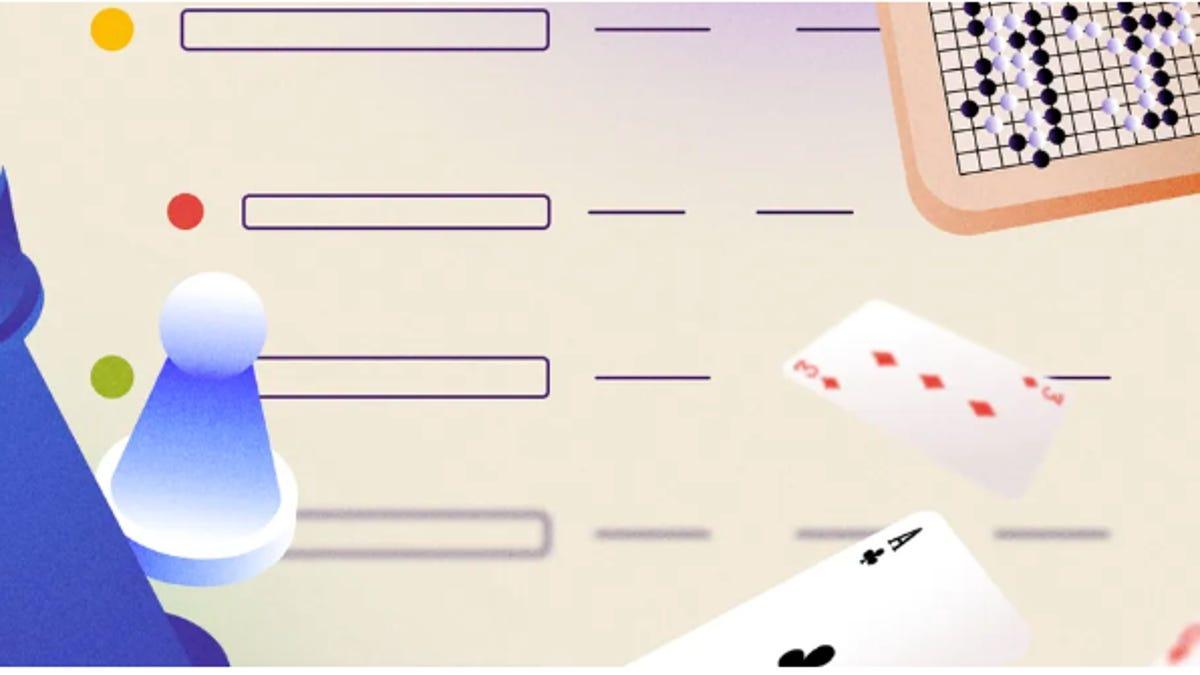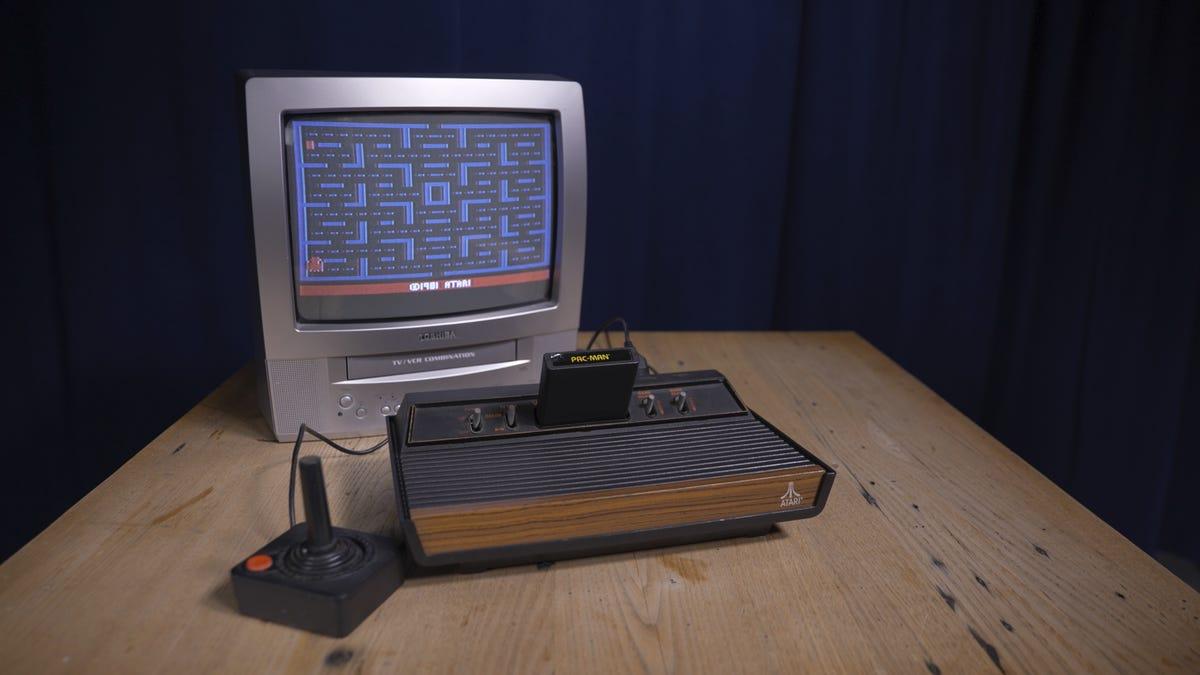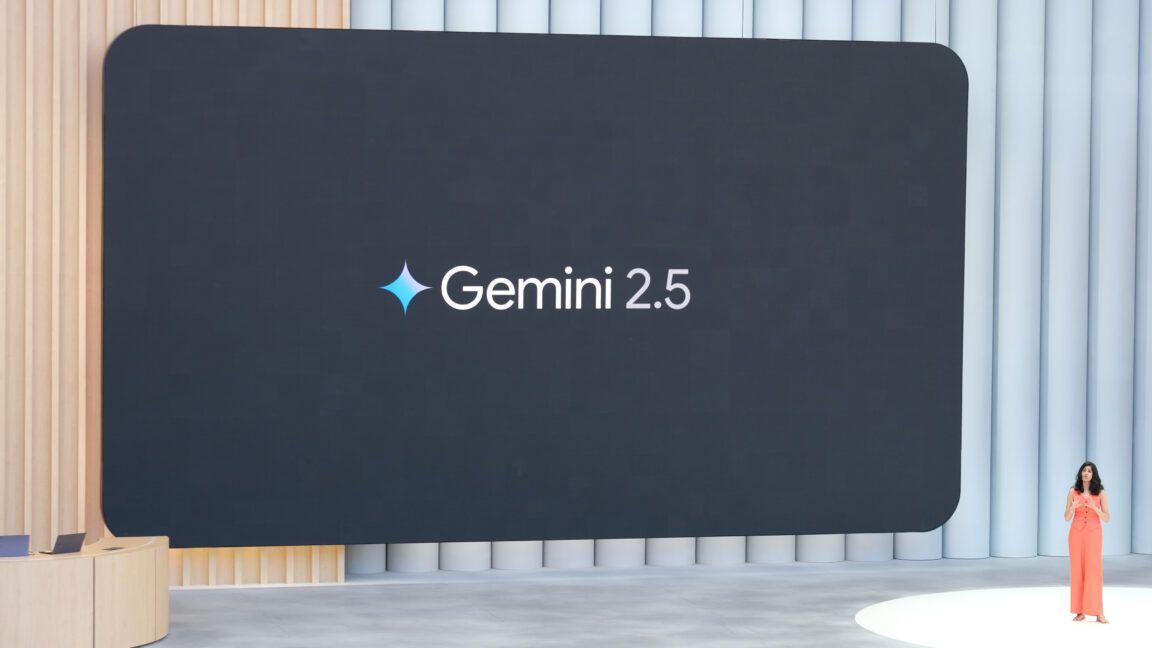Google Launches AI Chess Tournament to Showcase Language Model Reasoning Skills
3 Sources
3 Sources
[1]
Google to Pit Top AI Models Against Each Other in Live Chess Tournament - Decrypt
The tournament will test AI reasoning under pressure, with move logic and strategy revealed to the public. On Tuesday, Google will launch a chess tournament pitting leading AI models against each other, in a direct test of machine reasoning. It follows claims by Elon Musk on Monday that his chatbot, Grok, exhibits "outstanding reasoning" abilities. The event kicks off as part of the new Kaggle Gaming Arena, a platform for testing general-purpose AI agents in live, competitive environments. The first tournament will feature daily chess matches between versions of six leading language models: ChatGPT, Gemini, Claude, Grok, Deepseek, and Kimi. Unlike standard benchmark tests, the format puts AI strategy on public display by evaluating how models think, adapt, and recover under pressure, Google said in a statement. Google says it hopes the competition will highlight differences in reasoning capabilities that other benchmarks fail to detect. The competition follows other gaming benchmarks used by Google to test AI reasoning, including games by Atari, AlphaGo, and AlphaStar. "Submissions are ranked using a Bayesian skill-rating system that updates regularly, enabling rigorous long-term assessment," Google said. A Bayesian system uses probability to update a player's skill rating over time based on performance against other competitors. The inaugural chess matches will be between OpenAI's o4 mini and DeepSeek-R1, Gemini 2.5 Pro and Claude Opus 4, Moonshot AI's Kimi K2 Instruct and OpenAI's o3, and Grok 4 vs Gemini 2.5 Flash. In a historic match in 1997, IBM's Deep Blue defeated Russian chess grandmaster and former World Chess Champion Garry Kasparov. Google's new tournament builds on that tradition, but now with language models. The matches will be streamed live on YouTube. Each round features a best-of-four series, with winners advancing through a single-elimination bracket. The top two models will face off in a final Gold Medal match. "Games are perfect for AI evaluation because they help us understand how models tackle complex reasoning tasks," Google wrote on X. "Many games are a proxy for real-world skills and can test a model's ability in areas like strategic planning, adaptation, and memory." Viewers will be able to see each model's reasoning behind every move. According to Google, that transparency is critical for assessing whether models are actually thinking through problems, or just mimicking training data. Still, on the Kaggle Game Arena discussion board, questions remain about how the LLMs will behave once the games start. "What exactly happens if the model continues to suggest illegal moves after all allowed rethinks are exhausted?" one user asked. "Does it lose the game immediately, skip the turn, or is it disqualified in some way?" "It really makes me wonder, are we seeing true reasoning here, or just pattern-based guessing?" another asked. Google said it plans to expand the Kaggle Gaming Arena beyond chess in future events. For now, this initial tournament will serve as a public stress test for how well today's most advanced models can handle real-time, strategic decision-making. "Games have always been a useful proving ground for AI, including our own work on AlphaGo and AlphaZero," Google DeepMind co-founder and CEO Demis Hassabis wrote on X. "We're excited to see the progress this benchmark will drive as we add more games and challenges to the Arena - we expect to see rapid improvement!"
[2]
Google's Kaggle to host AI chess tournament to evaluate leading AI models' reasoning skills - SiliconANGLE
Google's Kaggle to host AI chess tournament to evaluate leading AI models' reasoning skills The world's top performing artificial intelligence models, including OpenAI's o3 and 04-mini, Google LLC's Gemini 2.5 Pro and Gemini 2.5 Flash, Anthropic's Claude Opus 4, and xAI Corp.'s Grok 4 are set to go head-to-head on the chess board. The three-day AI chess battle is the first in a series of tournaments set to be hosted by Google's data science community Kaggle, within a newly developed Game Arena. There, the models will compete against each other in a range of strategic games designed to evaluate their thinking and reasoning capabilities. Google DeepMind and Kaggle are partnering with Chess.com, the chess app Take Take Take and legendary chess live streamers Levy Rozman and Hikaru Nakamura on the tournament, with the first simulations set to begin tomorrow. The Kaggle Game Arena is a new AI benchmarking platform that's designed to test how competitive large language models are in a series of strategic games, including Go and Werewolf. But first up is the AI chess exhibition, which runs Aug. 5-7, with the simulated games livestreamed on Kaggle.com. Hikaru Nakamura will provide commentary on each of the matchups, while Levy Rozman will deliver a daily recap of each day's battles, complete with analysis, on the GothamChess YouTube channel. The tournament will conclude with a stream of the championship match-up and tournament recap from Magnus Carlsen on the Take Take Take YouTube channel. There will be eight competitors battling for chess supremacy: Gemini 2.5 Pro, Gemini 2.5 Flash, Claude Opus 4, DeepSeek-R1, Moonshot's Kimi 2-K2-Instruct, o3, o4-mini and Grok 4. The tournament will be based on a standard, single-elimination bracket format, where the winners of each match will be decided over a best-of-four series of games. Kaggle Game Arena will livestream one round each day, so the first round will involve four matchups of eight models at the quarter-finals stage, followed by two matchups in the semi-final round on day two, and a single, final matchup on day three. In a blog post, Google outlined a number of rules, saying that the models will be responding to text-based inputs. None of the competing models will be allowed to access any third-party tools, so they can't just use the Stockfish chess engine to identify the best move in any situation. Instead, they'll have to think about it themselves. The models will not be given a list of possible, legal moves, and if one attempts to make such a move, it will be allowed three retries. Should it fail to make a legal move, it will forfeit the game. Moreover, there will be a 60-minute time limit for each move. The livestream will attempt to show how each of the competing models "reasons" about its next move, and its response to any failed moves. Besides the tournament, Kaggle will also create a more comprehensive leaderboard that ranks each of the models, based on their performance in hundreds of "behind the scenes" games that won't be livestreamed. Each model will be pitted against a rival model multiple times, with the matchups being chosen randomly. The idea is that this will allow Kaggle to create a more robust leaderboard that serves as a comprehensive benchmark of each model's chess playing capabilities. "While the tournament is a fun way to spectate and learn how different models play chess in the Game Arena environment, the final leaderboard will represent the rigorous benchmark of the models' capabilities at chess that we maintain over time," said Kaggle Product Manager Meg Risdal. Google said it's launching the Kaggle Game Arena because games like chess represent one of the best ways to carry out a robust evaluation of an LLM's reasoning capabilities. That's because games are resilient to what Google calls "saturation," or in other words, being solved using a standard formula. Chess, Go and other games are hugely complex, and no two matches are ever the same, which means that the difficulty level increases as each competitor improves. The Werewolf game, meanwhile, is able to test essential enterprise skills, such as navigating through incomplete information and balancing collaboration with competition. In addition, Google says games act like a proxy for real-world skills, testing a model's capabilities in terms of strategic planning, memory, reasoning, adaptation, deception and "theory of mind," or the ability to try to predict an opponent's thoughts. Meanwhile, team games such as Werewolf can help to evaluate each model's communication and coordination skills. Kaggle's new Game Arena will showcase both current and upcoming livestreamed tournaments, and each game will have its own, dedicated page that lists the leaderboards of ranked models, matchup results, and specific details of the open-source game environment and its rules. The leaderboards will update dynamically as each model plays more games, and newer models are added to the rankings. In future, Kaggle Game Arena will expand to include more complex, multiplayer video games and real-world simulations in order to generate more comprehensive benchmarks that evaluate an expanding array of AI model skills.
[3]
World's top chatbots compete in first-ever AI chess tournament - VnExpress International
The event, taking place from Aug. 5-7, is being held in collaboration with Google DeepMind, Chess.com, Norwegian grandmaster Hikaru Nakamura, and chess streamer Levy Rozman, with matches and expert commentary livestreamed throughout, TechSpot reported. Participants include OpenAI's o3 and 04-mini, Google's Gemini 2.5 Pro and Gemini 2.5 Flash, Anthropic's Claude Opus 4, xAI's Grok 4, DeepSeek-R1, and Moonshot's Kimi 2-K2-Instruct. The models are competing in a single-elimination bracket, with each matchup played in a best-of-four format, beginning with the quarterfinals and concluding in a championship round. Following the tournament, Kaggle will maintain a continuously updated leaderboard with Elo-like rankings, a system that calculates relative skill levels based on win-loss outcomes, to track model performance over time. "This will give the public a clear way to see which AI is the best at chess," Chess.com stated. The platform is intended to highlight how LLMs evolve in their strategic capabilities. Many current models, including ChatGPT and Gemini, are estimated to play at the level of amateur players. In July, Norwegian grandmaster Magnus Carlsen, the world's top-rated chess player, revealed on X that he had defeated ChatGPT in an online match, winning in 53 moves without losing a single piece, according to Time Magazine. Chess was chosen for the inaugural showcase because it remains unsolved by AI, according to Google. While the models may not exhibit top-tier playing strength, they are capable of providing explanations for their moves, which, Google said, allows observers to "move beyond static scores to see how AI truly performs in a dynamic, competitive environment." Kaggle stated that the initiative aims to provide insight into how AI models reason and their potential in complex decision-making tasks.
Share
Share
Copy Link
Google's Kaggle is hosting a groundbreaking AI chess tournament featuring top language models to evaluate their reasoning and strategic capabilities in a competitive, real-time environment.
Google Unveils Innovative AI Chess Tournament
In a groundbreaking initiative, Google is set to launch an artificial intelligence (AI) chess tournament that will pit leading language models against each other. The event, scheduled to run from August 5-7, 2025, marks the debut of the Kaggle Gaming Arena, a new platform designed to test general-purpose AI agents in live, competitive environments
1
.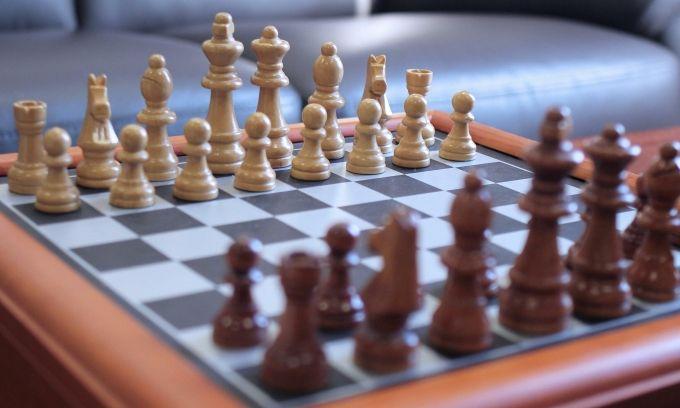
Source: VnExpress
Participating AI Models and Tournament Structure
The tournament will feature versions of six prominent language models:
- OpenAI's o3 and o4-mini
- Google's Gemini 2.5 Pro and Gemini 2.5 Flash
- Anthropic's Claude Opus 4
- xAI Corp.'s Grok 4
- DeepSeek-R1
- Moonshot AI's Kimi K2 Instruct
The competition will follow a single-elimination bracket format, with each matchup decided by a best-of-four series of games
2
.Unique Features and Rules
Unlike standard benchmark tests, this tournament is designed to put AI strategy on public display. Key aspects include:
- Models will respond to text-based inputs without access to third-party tools like chess engines.
- Each move has a 60-minute time limit.
- Models are allowed three retries for illegal moves before forfeiting the game.
- The reasoning behind each move will be revealed to viewers
1
.
Collaboration and Live Coverage
Google DeepMind and Kaggle have partnered with Chess.com and the chess app Take Take Take for this event. Live commentary will be provided by chess streamers Levy Rozman and Hikaru Nakamura, with daily recaps on the GothamChess YouTube channel. The final match will feature commentary from chess grandmaster Magnus Carlsen
2
.Related Stories
Significance and Future Implications
This tournament represents a significant step in AI evaluation, offering several key benefits:
-
Transparent Reasoning Assessment: The event allows for public scrutiny of AI decision-making processes, helping to determine if models are genuinely reasoning or simply mimicking training data
1
. -
Comprehensive Benchmarking: Beyond the livestreamed matches, Kaggle will maintain a dynamic leaderboard based on hundreds of behind-the-scenes games, providing a robust benchmark of each model's chess-playing capabilities
2
.
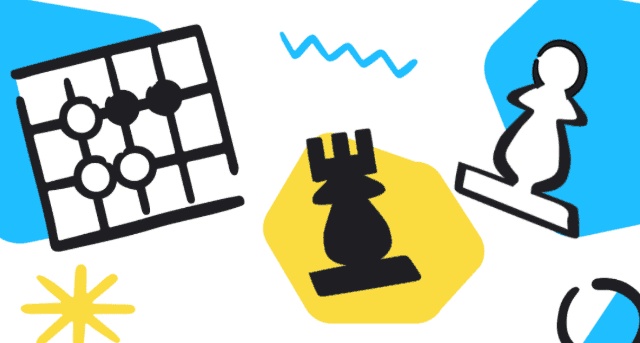
Source: SiliconANGLE
- Real-world Skill Evaluation: Chess serves as a proxy for assessing various AI capabilities, including strategic planning, memory, reasoning, adaptation, and theory of mind
2
.
Future of AI Gaming Competitions
Google plans to expand the Kaggle Gaming Arena beyond chess, incorporating more complex multiplayer video games and real-world simulations. This expansion aims to create more comprehensive benchmarks for evaluating an increasingly diverse array of AI model skills
2
.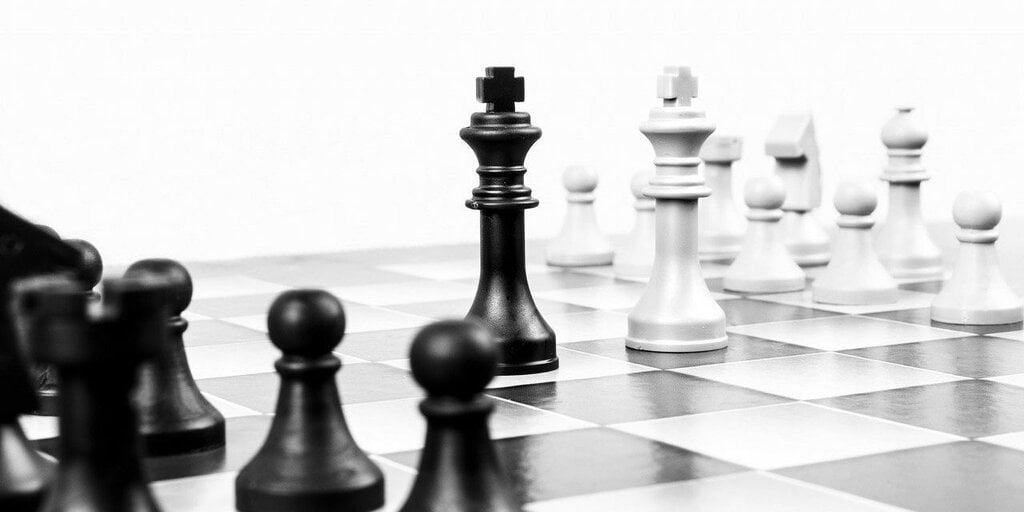
Source: Decrypt
As the AI chess tournament unfolds, it promises to offer valuable insights into the current state of AI reasoning and strategic capabilities, potentially shaping the future development of more advanced and versatile AI systems.
References
Summarized by
Navi
[2]
Related Stories
Recent Highlights
1
OpenAI secures $110 billion funding round from Amazon, Nvidia, and SoftBank at $730B valuation
Business and Economy

2
Samsung unveils Galaxy S26 lineup with Privacy Display tech and expanded AI capabilities
Technology

3
Anthropic faces Pentagon ultimatum over AI use in mass surveillance and autonomous weapons
Policy and Regulation

